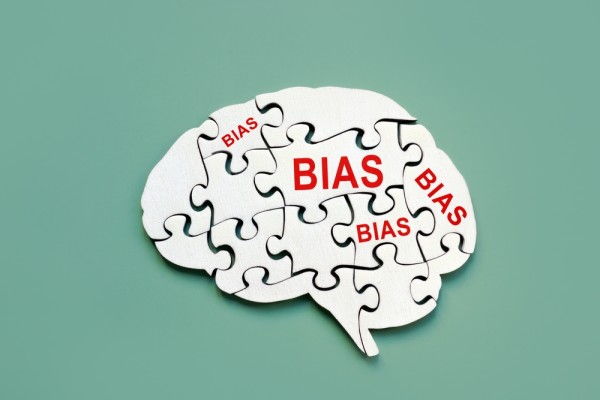The US National Institute of Standards and Technology (NIST) has revised its guidelines for scientists that partner with the US Artificial Intelligence Safety Institute (AISI)—removing references to "AI safety," "responsible AI," and "AI fairness." Instead, the updated instructions sent out in March encourage "reducing ideological bias" and promoting "human flourishing and economic competitiveness."
Previously, the guidelines recommended researchers address discriminatory model behaviour related to gender, race, age, and wealth inequality. The new guidelines have removed this focus, along with the development of tools for content authentication, provenance tracking, and synthetic content labelling, which suggest a reduced emphasis on combating misinformation and deepfakes.
Critics, including researchers working with the AISI, see these changes as a sign that the Trump administration is devaluing safety, fairness, and responsible AI deployment. In comments given to WIRED, they express concern that ignoring these issues could lead to unchecked algorithms that discriminate against users based on income and other demographics, potentially harming minorities and economically disadvantaged groups.
£ - This article requires a subscription.

What is this page?
You are reading a summary article on the Privacy Newsfeed, a free resource for DPOs and other professionals with privacy or data protection responsibilities helping them stay informed of industry news all in one place. The information here is a brief snippet relating to a single piece of original content or several articles about a common topic or thread. The main contributor is listed in the top left-hand corner, just beneath the article title.
The Privacy Newsfeed monitors over 300 global publications, of which more than 5,750 summary articles have been posted to the online archive dating back to the beginning of 2020. A weekly roundup is available by email every Friday.
